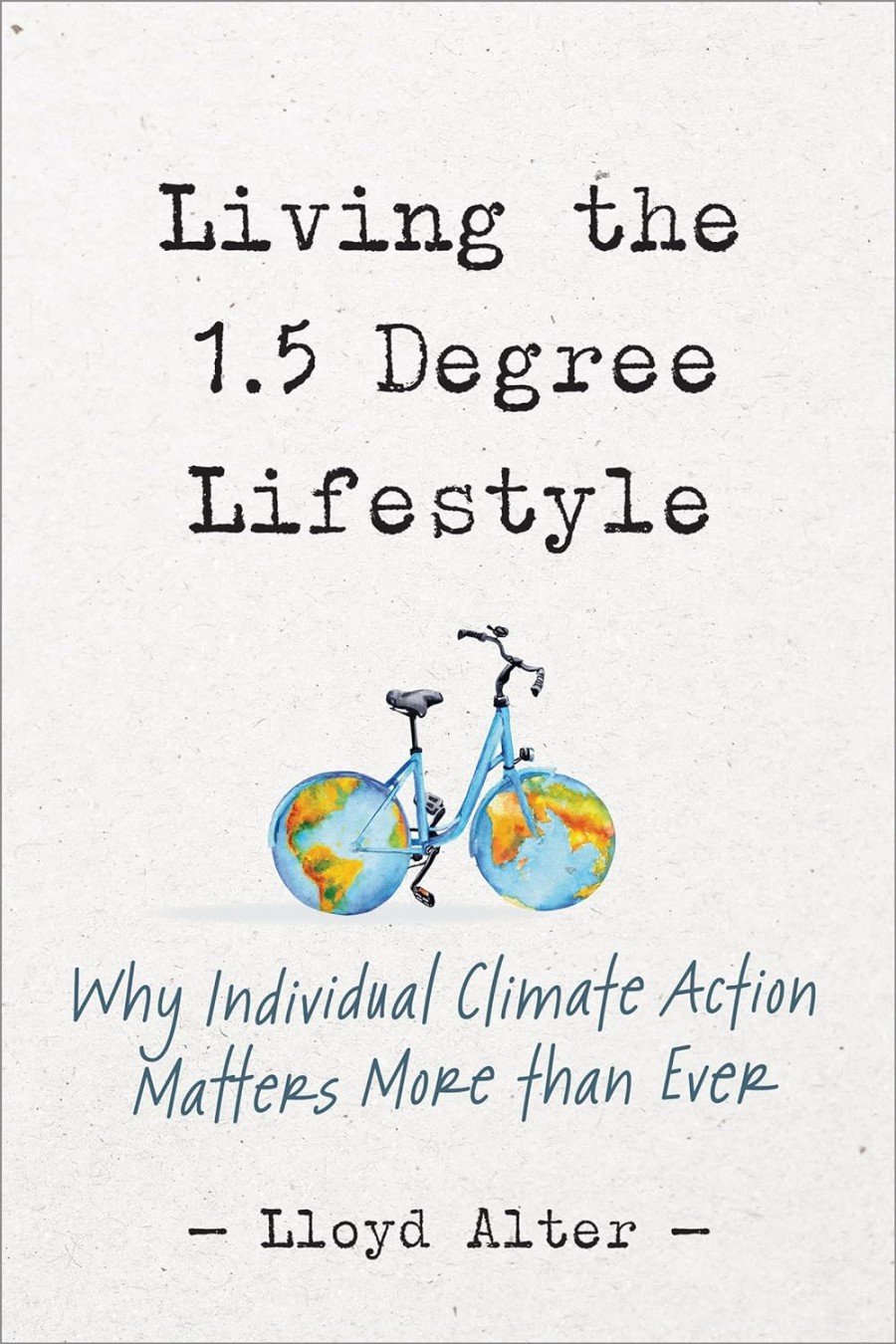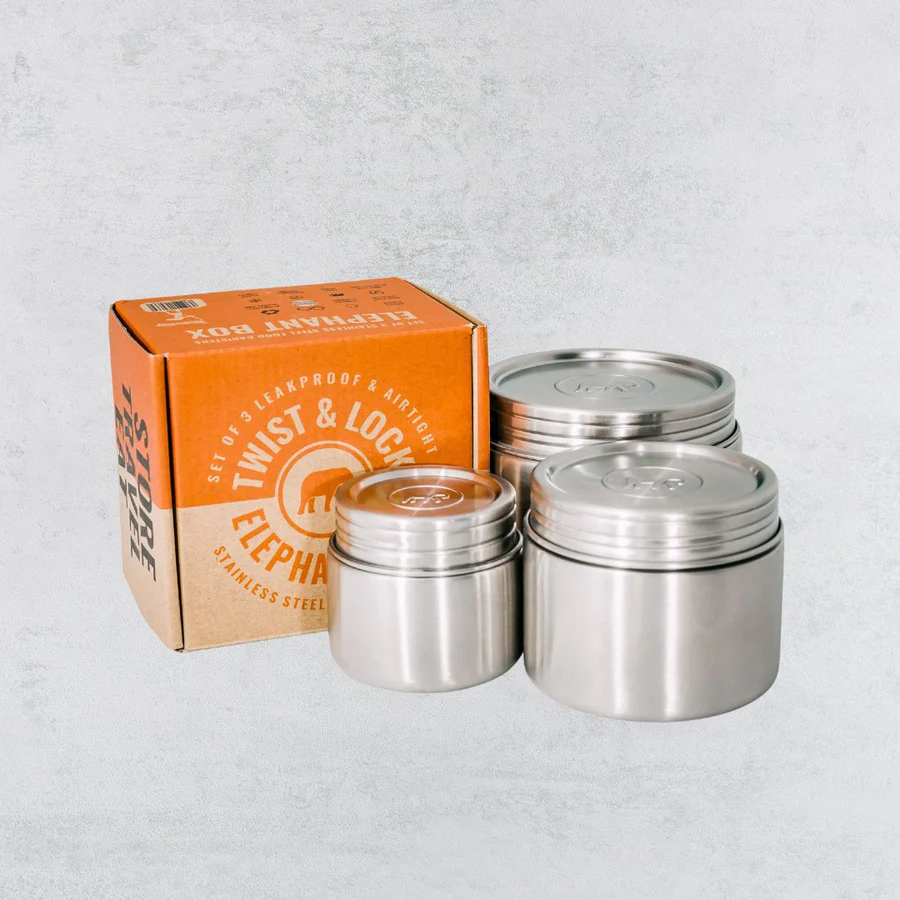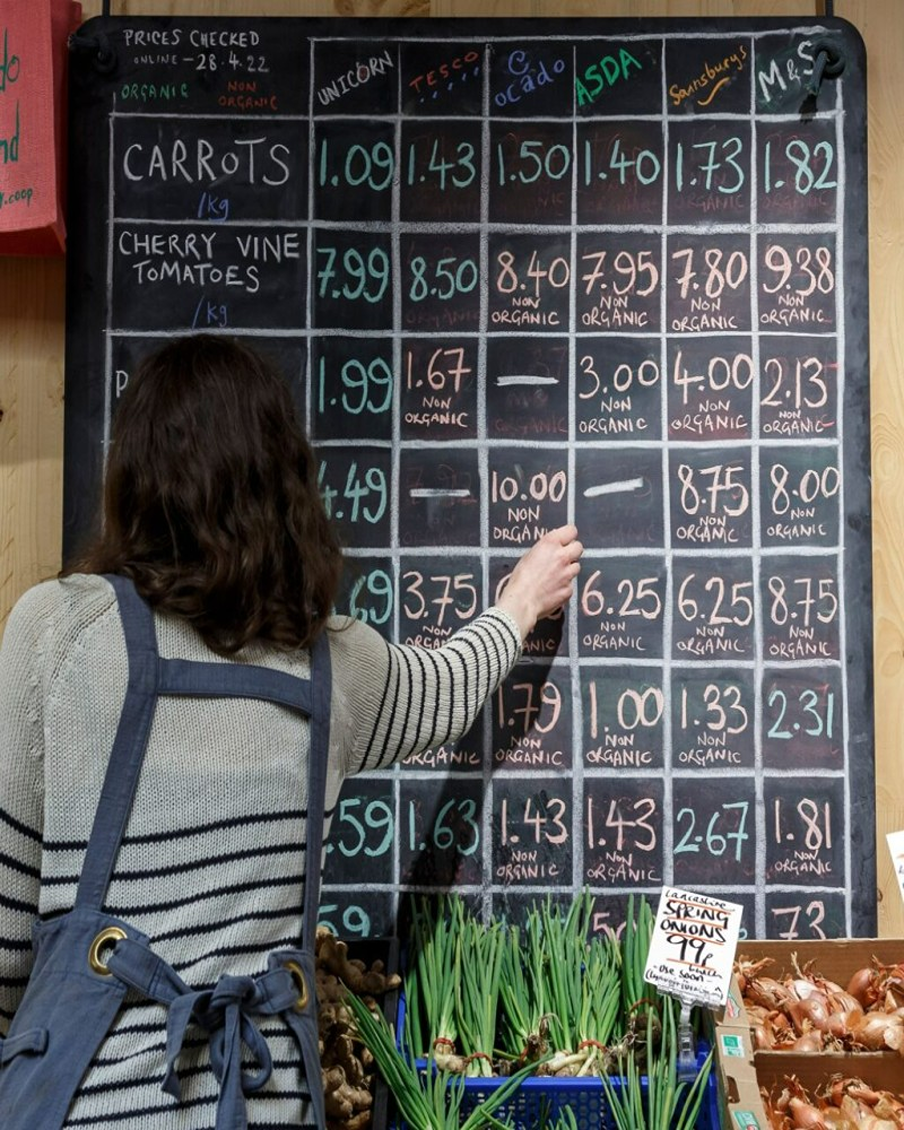
For a start, don’t send it to Africa. In Gambia, Bakoteh rubbish dump is the most toxic in the world, housed with all the electronic trash we are encouraged to send over there, when we’ve finished with it here. Because the laws are not so strict there, workers suffer pollution and injuries from processing the used phones and laptops that companies try to ship over there, a kind of ‘environmental racism’.
Know that if you buy something from a store, by law you should be able to take back the old/broken version to be recycled.
For the most part, you can recycle electrical items at your local refuse centre (the average person buys 3 new items a year so that’s a massive amount of electrical waste, if not recylced). Don’t donate goods as they could be faulty. Many shops now offer take-back schemes (ask in-store, you don’t necessarily have to buy a new item in order to do this). Some local councils even accept small electrical goods in clear bags from kerbside, if it’s convenient.
Items that can be recycled include:
- Anything with a plug or charger (or has a picture of a crossed-out wheelie bin) along with items that use batteries (jewellers can recycled small batteries).
- Garden tools (mowers, shredders)
- Personal care items (hairdryers, shavers, electric toothbrushes)
- Small appliances (kettles, blenders, toasters)
- Toys, games, lamps, radios, CD/DVD players
- Phones, printers, cameras, torches
- Smoke alarms and vacuum cleaners
- Christmas tree lights
All of these items are classed as WEEE (Waste Electrical and Electronic Equipment). So cannot go in normal refuse bins.






